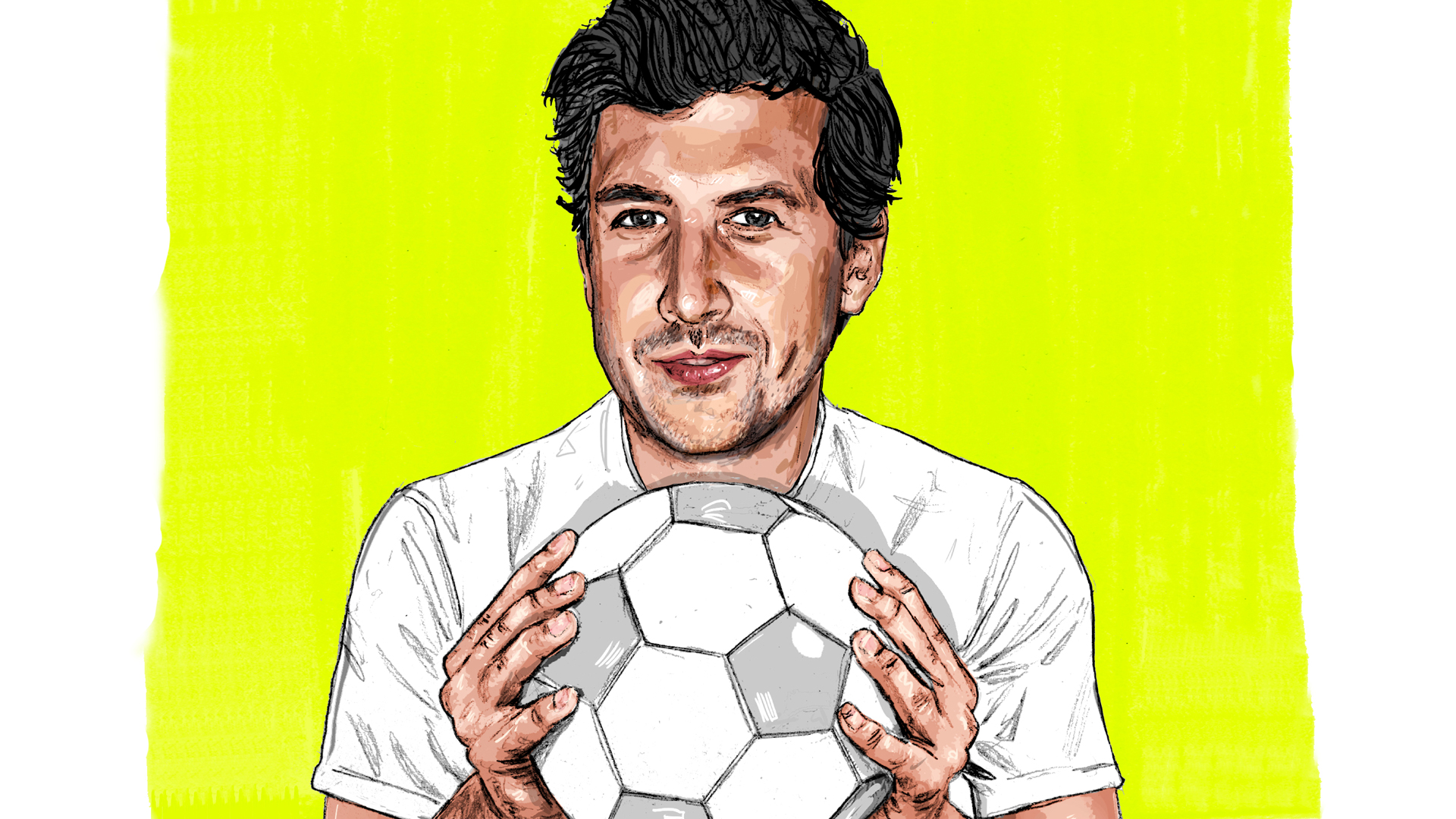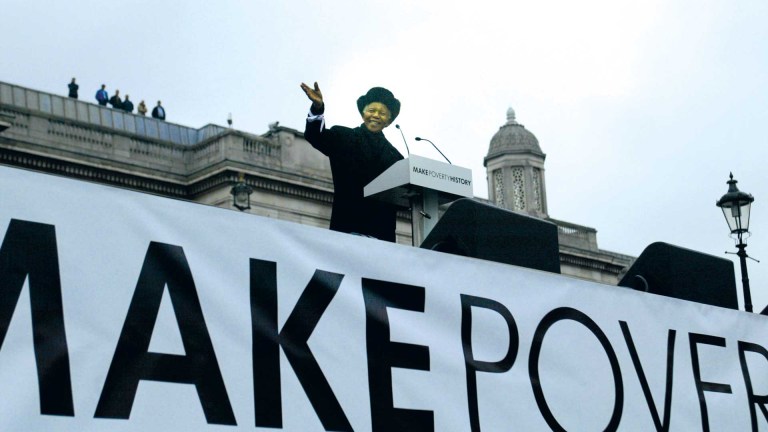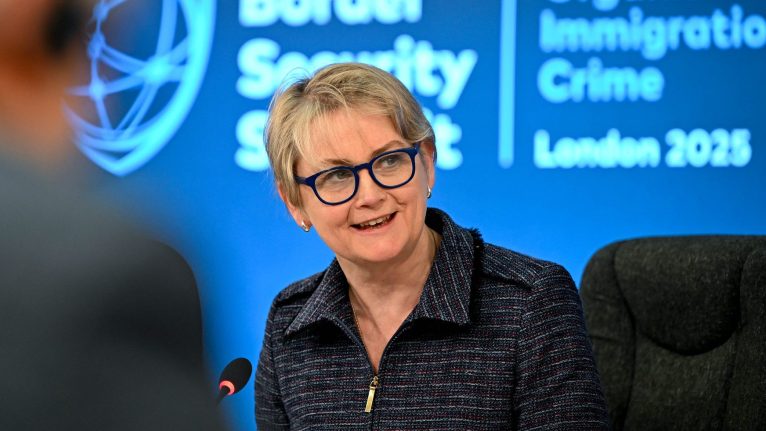London is a big place. For young people, cuts to youth services have only made it bigger. Alex Baine knows it – that’s why he created London Football Journeys (LFJ). The charity brings young people from across the city together through football exchanges and filmmaking projects that build connections between postcodes.
Baine, 38, grew up in London. After seven years working on social inclusion in Japan and India – including a stint working with Japan’s Homeless World Cup team – he returned to the capital in 2011 inspired by how he’d seen football used as a tool for change. “At that point I was determined to start a project that celebrated London’s diversity and brought people together using football,” he tells The Big Issue.
His research coincided with the London riots. “Lots of youth workers, teachers and young people spoke to me about kids staying within their own area and group, not really venturing out, and it having to do with damaging perceptions around gang culture or postcodes,” says Baine. “As well as bringing young people together, there seemed to be growing negative perceptions of young people to fight too.”
LFJ was set up to show young people that London is theirs. “Not just their boroughs or their postcode, but the whole of London should be accessible,” Baine says. Getting the charity off the ground wasn’t easy but eventually he secured funding and launched a pilot project with Harrow and Camden youth clubs. Until 2014, LFJ did a lot of work with boys who loved football – the idea of setting positive examples for each other within the game resonated, and they examined what it meant to be a captain or leader. But in 2015 the charity moved into schools too in an attempt to target girls, who sometimes struggled to get involved at youth clubs, and for help tracking their work’s long-term impact.
“At first we were really frightened and nervous but by the end we were talking… they really wanted to get to know us.” Thank you to everyone who made our 3/3 Football Journey between @oaklandsreaders @FBSchoolE17 and @KAA_Intrepidus so memorable 🙌 @powerleagueUK pic.twitter.com/q86KpuYGui
— Football Journeys (@LFJProject) January 29, 2020
The core programme lasts 16 weeks: the first five are spent working with the group to help them create a film about their community and their experiences. They’re encouraged to interview each other, youth workers and teachers, and talk about aspects of their culture that are interesting or matter to them. The final films are sent to the other youth group they’re going to meet with to watch. “It’s the first communication between them,” Baine says. “The point of swapping films is: they might be from a different background, but a lot of what they’re saying is similar to you.”










